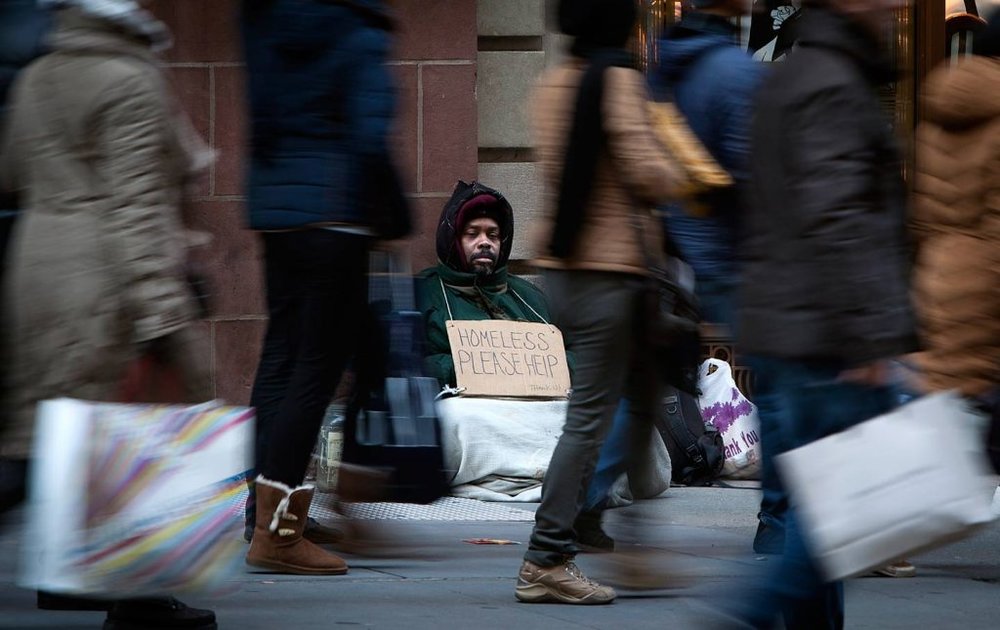There is hope for Italian men who have no shelter to rest their heads after experiencing marriage dissolution. Hostels have been constructed to accommodate them and keep them off the coldness found on the streets. The Catholic Church is behind this project which was erected in a city close to Rome known as Tor San Lorenzo. These were men who have been subjected to ridicule after losing their homes, property and more than 50% of their wages to divorce.

Shedding more light on this issue, Gian Gassani who is the president of the matrimonial lawyers’ community in Italy, confirmed this new endeavor as a way of helping the helpless men to have somewhere to lay their heads. He further revealed a shocking statistics which put the number of divorced and separated men in the country at about 4.4 million, with an estimated 1.1 million among them battling with abject poverty, which consist mainly of lack of food and shelter.
Italy legal right favors women more in divorce cases because they get ownership of property belonging to them and their husbands for them to keep looking after the children. Studies showed that at least 8 out of 10 women enjoy this benefits. Apart from losing their homes, the majority of the affected husbands, about 97% of them, have also been issued orders to continue fulfilling their financial responsibilities such as mortgage and child support. By the time they deduct these bills from their earnings, they will be left with only 50%, which will not be sufficient to get a decent apartment for themselves.

Gassani explains that these men are going through a challenging situation because the law pays divorced women more than men. He further reveals that these men earn very little when compared to what they pay as divorce settlements and fines, even bank workers and police officers are using their cars as bedrooms since there is no money to get a new house and they have been ejected from their real homes.
Catholic Church commenced awareness campaign seeking relief for these helpless set of people when they are constantly bombarding soup cafes on a daily basis, all in a bid to sleep somewhere safe. The chief launcher at the commissioning of the Tor San Lorenzo hostel, (who also belonged to G9, the senior prelates league of priests who serve as advisors to Pope Francis concerning the affairs of the Vatican), Bishop Marcello Semeraro recalled that he always witnessed the arrival of men in their cars, who would come to have their bath at the diocese where he ministers. He could see that they didn’t appear as poor men who should be in that condition.
He then asked around about them, and he got the information that they were divorcees and separated husbands who couldn’t find shelter even after fulfilling their fatherly duties every month.
Love can go sour at any point, and the lovers break away. Then divorce sets in, dividing the peaceful union built over the years. In some countries of the world, divorce and cases of separation bring immense fortune to the wives and children more than the husbands, and Italy is a good example of such laws.
In Italy, the divorce or separation process is governed by the Civil Code of Italy, similar statutes, and procedural code. (Article 191 CC)
The law in the country dissolves the legitimate matrimony and unbinds the faithfulness vows.

The separation will be base on probation for some time and not as permanent, unlike divorce because the Tribunal would want to give the couple the opportunity to come back together should they decide to settle their differences.
The relationship between marital dissolution and awarding of property between spouses are stipulated clearly under the Italian legal separation and divorce act. Under Article 194 CC, it’s stated that usufruct (the privileged right of one person to enjoy the property from another person under the law) will be enacted by the judge to allocate part of the property belonging to one of the spouses to be used by the other spouse for the upkeep of the children.
Husbands are expected to carry on their patrimonial obligations on the children even after the divorce until the offsprings reach the age of accountability. However, this may not be required if the dissolved union did not produce any child.




